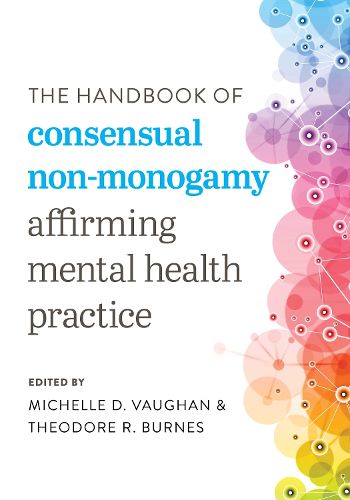Readings Newsletter
Become a Readings Member to make your shopping experience even easier.
Sign in or sign up for free!
You’re not far away from qualifying for FREE standard shipping within Australia
You’ve qualified for FREE standard shipping within Australia
The cart is loading…






This handbook provides perspectives across mental health disciplines on clinical work with consensual non-monogamous (CNM) people/relationships from a lens of power, privilege, and oppression. The authors provide a broad-based resource for clinicians, trainees, educators and supervisors in CNM-affirming care, addressing societal and internalized mononormativity and intersections with other forms of oppression (including ableism, racism, cisnormativity, classism).
Educators using this volume will find foundational, current data on the experiences of CNM individuals and their relationships, as well as recent theory and empirical research relevant to CNM clients, including the importance of cultural humility within clinical practice. Key topics include developmental approaches to CNM, communities, families and relationships, queerness, emotional experiences, strengths/resilience, as well as ethical issues, training and organizational considerations in work with these clients, emphasizing practical recommendations, insights, and tools to promote CNM-affirming practice across settings.
$9.00 standard shipping within Australia
FREE standard shipping within Australia for orders over $100.00
Express & International shipping calculated at checkout
This handbook provides perspectives across mental health disciplines on clinical work with consensual non-monogamous (CNM) people/relationships from a lens of power, privilege, and oppression. The authors provide a broad-based resource for clinicians, trainees, educators and supervisors in CNM-affirming care, addressing societal and internalized mononormativity and intersections with other forms of oppression (including ableism, racism, cisnormativity, classism).
Educators using this volume will find foundational, current data on the experiences of CNM individuals and their relationships, as well as recent theory and empirical research relevant to CNM clients, including the importance of cultural humility within clinical practice. Key topics include developmental approaches to CNM, communities, families and relationships, queerness, emotional experiences, strengths/resilience, as well as ethical issues, training and organizational considerations in work with these clients, emphasizing practical recommendations, insights, and tools to promote CNM-affirming practice across settings.